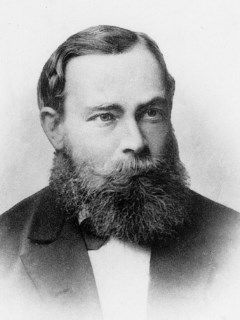
Publication details
Publisher: Springer
Place: Berlin
Year: 2016
Pages: 187-212
Series: Vienna Circle Institute Yearbook
ISBN (Hardback): 9783319218755
Full citation:
, "The context of the development of Carnap's views on logic up to the Aufbau", in: Influences on the Aufbau, Berlin, Springer, 2016


The context of the development of Carnap's views on logic up to the Aufbau
pp. 187-212
in: Christian Damböck (ed), Influences on the Aufbau, Berlin, Springer, 2016Abstract
Friedman, Richardson, and others have helpfully foregrounded the neglected presence of Kantian and neo-Kantian influences on the early Carnap. Here, however, I sound a cautionary note, highlighting a dimension along which early Carnap departs directly from Kant and neo-Kantianism, swinging much closer to Russell – namely, in his conception of logic's subject-matter. For while Kant and neo-Kantians conceive of logic as a science concerned primarily with mental activity and its (ideal) contents (concepts, Fregean "Sinne'), Carnap (mostly) follows Russell in seeing logic as primarily concerned with the objectivities represented by such contents through such acts – i.e., with the objects, properties, states of affairs, facts (and so on) that together constitute the world's most general or universal features. But then, because Carnap also follows Russell in placing logic at the very basis of his own constitution programme, I conclude that Russellian doctrines lie at the heart of Carnap's Aufbau project, which means that we must also orient our understanding of early Carnap on central points by reference to decidedly non-Kantian threads.
Cited authors
Publication details
Publisher: Springer
Place: Berlin
Year: 2016
Pages: 187-212
Series: Vienna Circle Institute Yearbook
ISBN (Hardback): 9783319218755
Full citation:
, "The context of the development of Carnap's views on logic up to the Aufbau", in: Influences on the Aufbau, Berlin, Springer, 2016



